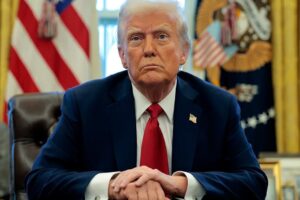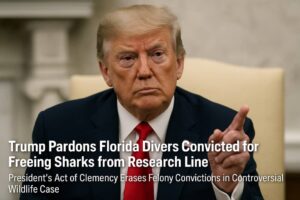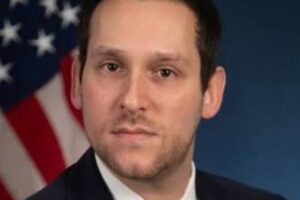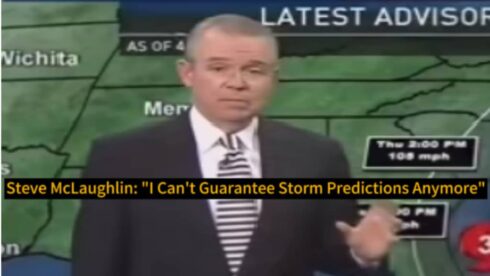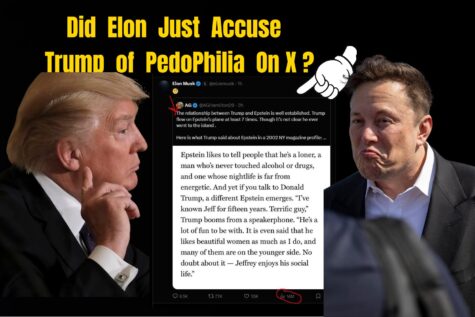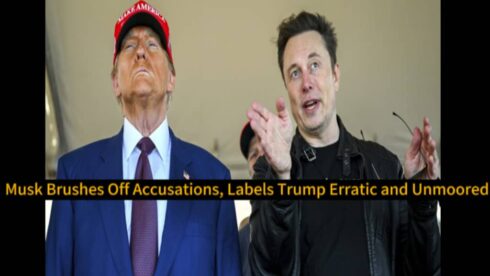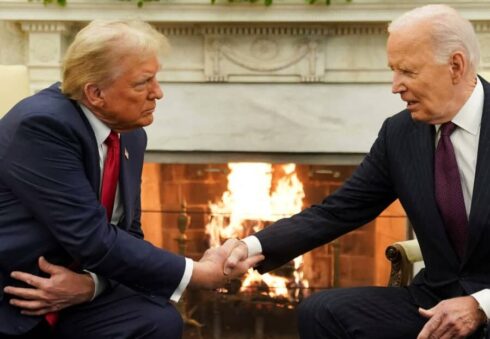Veteran Florida weatherman Steve MacLaughlin, a trusted voice in meteorological reporting for 34 years, delivered a sobering message during a live NBC 6 South Florida broadcast. With storm season intensifying, MacLaughlin stunned viewers by stating, “Over my 34 years, confidently, I went on TV and told you, the storm will turn. I’m not sure I can do that this year because of the cuts and the attacks on science.” His remarks have sparked heated debate across the state and beyond.
MacLaughlin’s statement, viewed by millions, has been interpreted by many as a critique of the increasing politicization and defunding of climate-related scientific institutions. Once a field governed by empirical data and rigorous study, meteorology is now facing ideological interference that MacLaughlin claims is endangering public safety and undermining trust in severe weather forecasts.
Funding Cuts Cripple Forecasting Infrastructure
Behind MacLaughlin’s concerns lies a grim reality — sustained budget reductions for national and local weather services. Federal cuts to the National Oceanic and Atmospheric Administration (NOAA) and decreased investment in satellite systems have left forecasting centers operating with outdated technology and overworked personnel. Analysts say such constraints weaken storm modeling accuracy and reduce the lead time citizens receive for evacuation.
State-level budget reallocations in Florida have compounded the problem. Agencies that once collaborated seamlessly with meteorologists are now dealing with fragmented systems, fewer resources, and diminishing research partnerships. According to insiders, some advanced climate modeling tools have been shelved altogether due to cost, putting lives at risk during hurricane season.
The Politicization of Meteorology
MacLaughlin’s plea is symptomatic of a broader struggle within the scientific community. Meteorology, once considered a purely technical field, is now enmeshed in political culture wars. Scientists and broadcasters report increasing pressure to soften their language around climate change or face professional backlash. MacLaughlin’s statement challenges this culture of silence and calls for renewed respect for data-driven science.
Public trust in scientific institutions is eroding, particularly in regions where climate skepticism is mainstream. Meteorologists like MacLaughlin face a dangerous dilemma: deliver cautious, less accurate forecasts or speak candidly and risk retribution. In this fraught environment, weather forecasting is no longer just a public service — it’s becoming a battleground of ideology.
Hurricane Season 2025 — A Looming Catastrophe?
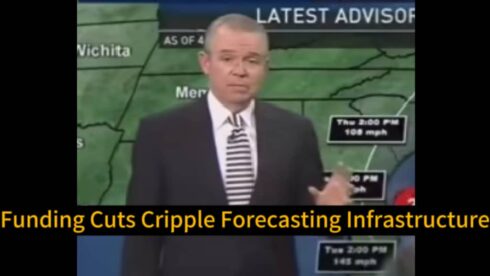
Meteorological models for the 2025 Atlantic hurricane season predict above-average activity, with multiple Category 4 and 5 systems likely to form. Without reliable early warning systems and full access to real-time data, emergency managers may not be able to adequately prepare communities. MacLaughlin’s message is not only a personal confession — it’s a red flag for the entire Southeast.
Communities along Florida’s coastline are especially vulnerable. In places like Miami-Dade and Tampa Bay, population density and aging infrastructure magnify risk. Inaccurate or delayed storm forecasts could lead to chaos during critical decision windows. Experts warn that if scientific expertise continues to be sidelined, the consequences will not be hypothetical — they’ll be deadly.
Public Outcry and Political Repercussions
Social media erupted following MacLaughlin’s candid broadcast. Hashtags like #TrustScience and #LetSteveSpeak began trending within hours. Citizens, advocacy groups, and fellow meteorologists voiced support for MacLaughlin, demanding that lawmakers reinstate funding and stop political interference in science-based agencies.
Meanwhile, state officials have remained largely silent. Governor Ron DeSantis’s office declined to comment when asked about MacLaughlin’s claims. Critics argue that the silence is telling — a refusal to acknowledge how budget decisions impact frontline services like weather forecasting. As Florida braces for peak hurricane season, calls for a legislative U-turn are growing louder.
A Crossroads for American Meteorology
Steve MacLaughlin’s powerful words have brought national attention to an issue that has long simmered under the radar. His message transcends Florida — it speaks to the future of American meteorology. If weather scientists are disempowered or silenced, the nation’s capacity to prepare for natural disasters may be fundamentally compromised.
In response, a coalition of meteorologists, climate researchers, and public safety advocates is forming to demand systemic change. Their goal is clear: restore funding, reaffirm scientific independence, and reestablish trust. MacLaughlin’s moment of vulnerability could be the catalyst that shifts public perception and policy — if the country is willing to listen.







